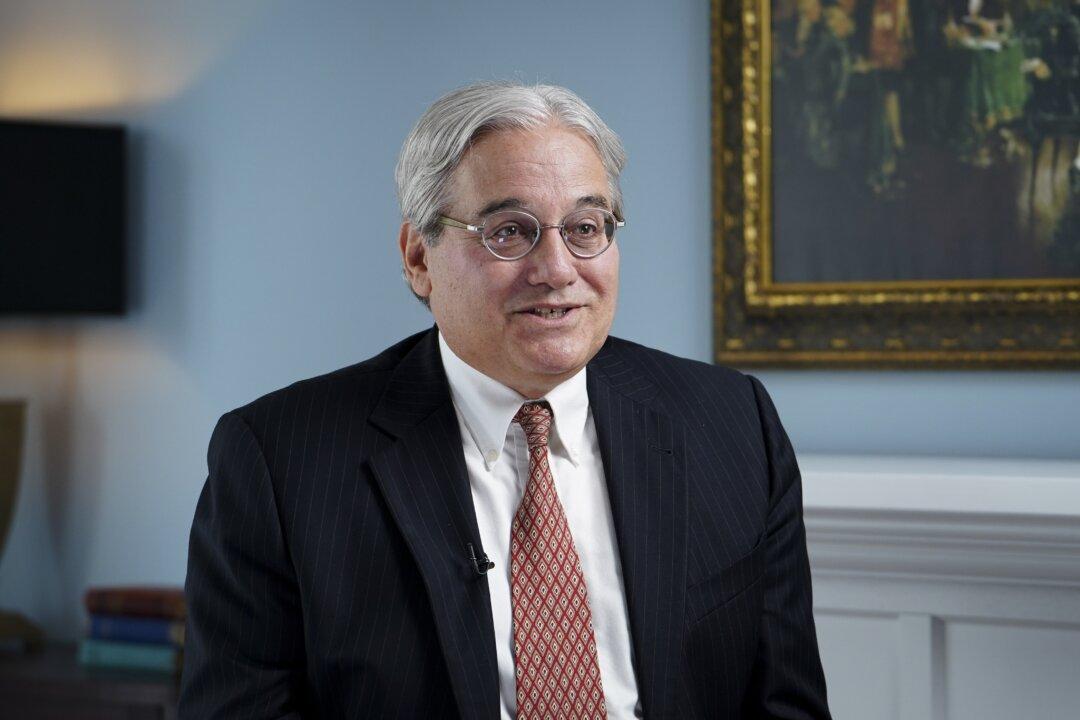A law professor is speaking out after witnessing the gradual racialization of higher education institutions that accelerated in the last two years, leading to the suppression of diverse viewpoints and spreading of bias on campuses.
“In many ways, I’ve been an eyewitness to what we now call the critical race phenomenon or the racialization of education, capture of institutions, going back to my days at Harvard Law School in the early 1980s,” said William Jacobson, a law professor at Cornell University.






